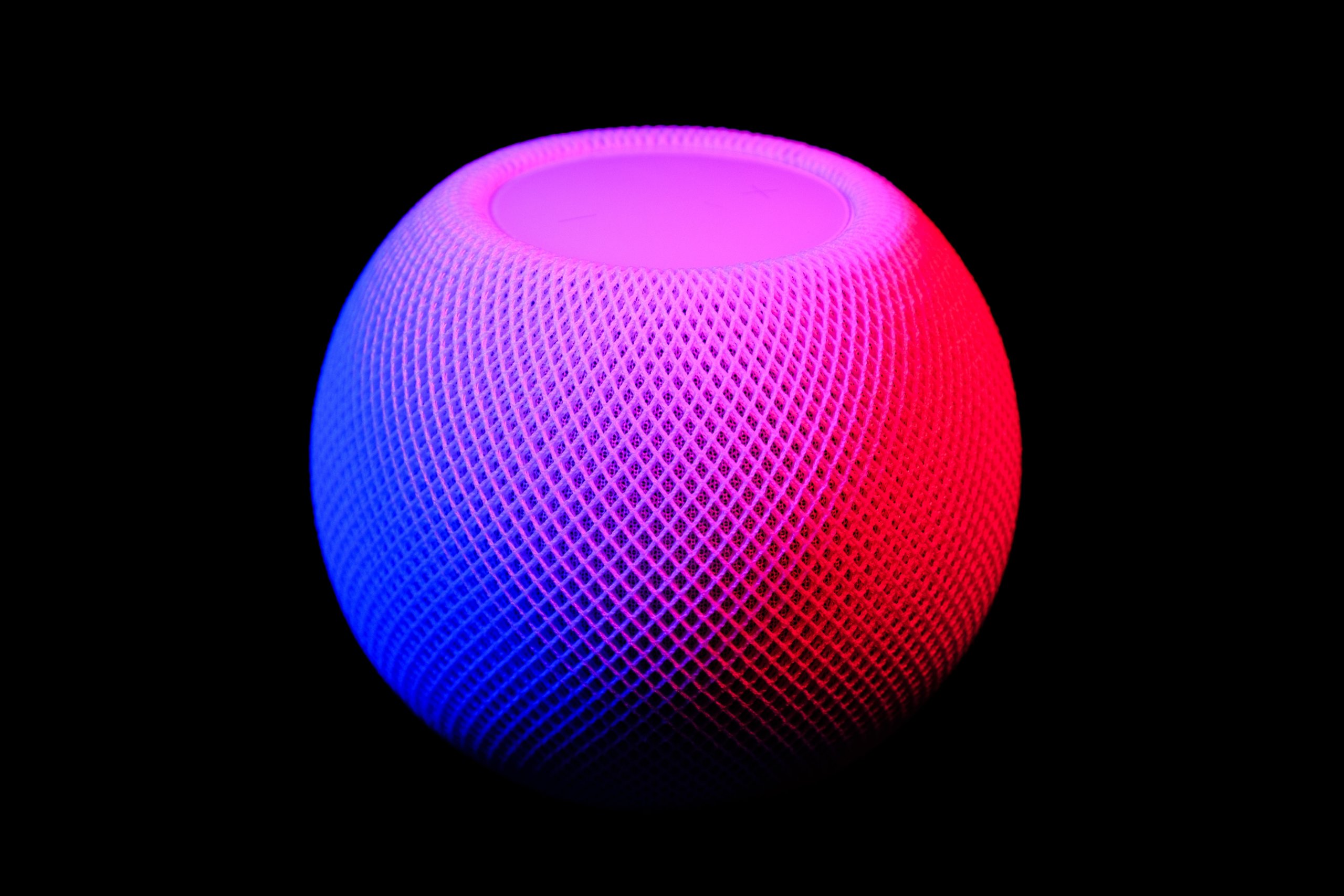 Experts predict approximately 244 million smart home devices will be active by 2022. That’s a huge leap from the 24 million bought in 2016. Currently, Amazon has an astounding 68% share of the smart home speaker market. That’s not a lot of room for Google and Apple to split between each other.
Experts predict approximately 244 million smart home devices will be active by 2022. That’s a huge leap from the 24 million bought in 2016. Currently, Amazon has an astounding 68% share of the smart home speaker market. That’s not a lot of room for Google and Apple to split between each other.
But even in the face of these figures, Google isn’t going down without a fight.
A Strategic Shift
The smart home system is expected to grow leaps and bounds as the Internet of Things develops. But as Amazon entrenches itself as the name synonymous with “smart home,” Google’s window to establish the same reputation is closing. Without a change in their marketing approach, AI assistant, and product quality, Google will irreversibly fall behind the Seattle-based developer.
In February, Nest changed its strategic position within Alphabet, Google’s parent company. Alphabet removed Nest as a separate business and integrated it into Google’s hardware department. Nest employees work alongside the Google Home and Google Assistant teams, striving to create a much more cohesive, well-rounded product.
Realizing Potential Takes Patience
Rick Osterloh leads Google’s hardware division. He says, “All of Google’s investments in machine learning and AI, they can very clearly benefit Nest products. It just makes sense to be developing them together. It’s the natural thing to evolve to.”
In Q1 of 2018, Nest brought in $726 million in revenue. But with its expenses totaling $621 million, Alphabet only earned a little over $100 million from its investment in Nest. For the time being, Google can afford to continue investing in Nest; its advertising model is generating more income than ever. But Google won’t stay patient for much longer, especially with Amazon’s continued increase in sales.
The Battle for Your Home
Although Google’s spending time, effort, and money on other products, like the Google Pixel, which is pitted against Apple, no one expects the Pixel to overtake the iPhone in sales. The Pixel simply came into the game way too late to make any sort of large impact on consumers. In the arena of smart home speakers combined with machine learning, AI, and the Internet of Things, the player who can seamlessly connect all of these features will be the toughest to beat.
Amazon hasn’t fully taken over the market yet, and most consumers don’t utilize a smart home speaker or system in their current living situation. So if Google (or any startup) wants to take the reins, it’s now or never.





